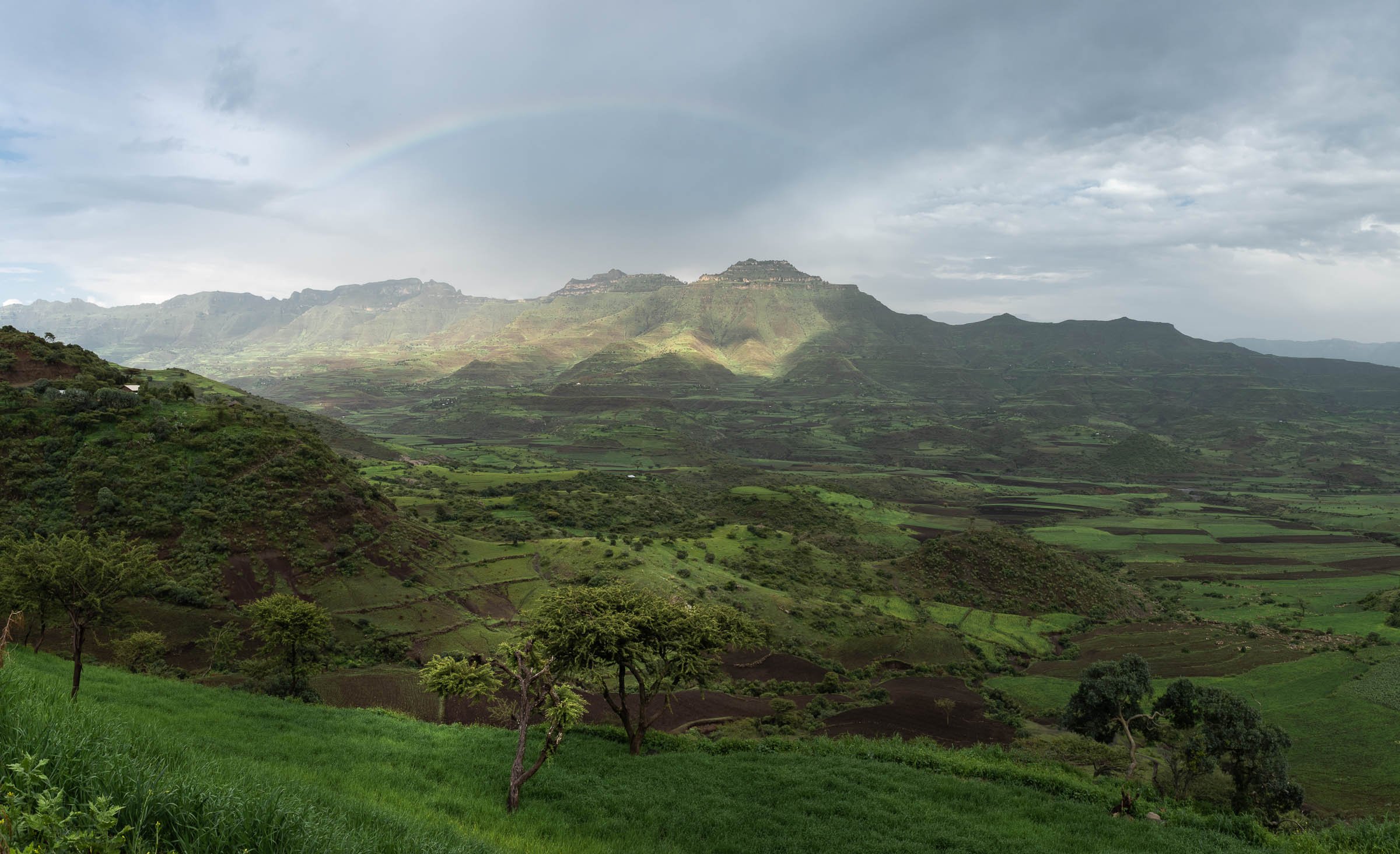Our History
The Ethiopian Police College, AKA Aba Dina Police College, was opened in 1946. Its main campus has since been in Sendafa, a town 38 kilometers north of Addis Ababa. The College was initially staffed by Swedish instructors. Cadets were initially enrolled for the two-year course, with entry requirement being a secondary school education. By the 1960, the faculty consisted entirely of Ethiopians who were Police College graduates. The two-year program was phased out later and replaced by a three-year training. The entry requirement had also changed with 'C' average in matriculation or Ethiopian School Leaving Certificate. Nonetheless, college and university dropouts represented a significant number of the intake. Typical class size for each batch ranged from 60 to 70 cadets, making the college life highly enjoyable, disciplined, nurturing, comfortable, and importantly an enviable environment for outsiders. Monthly pocket money for cadets, shining marble-based dormitories, well-designed indoor and outdoor entertainment areas, laundry services, a barber, clinic, and nutritionally planned exotic dishes were among some of the unique defining features of the college.
Cadets were taught academic topics up to second year level university courses by lecturers and professors from the then Haile Selassie I University (later known as Addis Ababa University). The academic courses were offered in tandem with intensive police sciences such as criminal law, criminology, crime investigation, traffic control, tactics, physical education, and first aid courses. Practical training was offered midway in the program and sometimes entailed field service in physically and psychologically challenging environments. Those cadets who had passed their final examinations with distinction were selected for further specialized training at home and/or overseas to undertake a university degrees in health, social sciences, and other applied fields.
Israel, the US police academy, and other countries were represented as advisors at different point and many of the graduates were also awarded scholarship to study in these countries. After the Dreg took power, these types of partnerships moved to the Eastern Bloc, including the Soviet Union, East Germany, and other socialist states. The Dreg government increased enrolment to bring new blood into the national police. From 1974 to 1979, about 800 cadets graduated as second lieutenants. Number of graduates thereafter was reduced to pre-1974 level. The police college also offered short-term courses and refresher training for service officers. By the end of 1990, the police college had graduated a total of 3,951 officer cadets in the years since its establishment in 1946.
When the Revolutionary Democratic Front (EPRDF) ruling coalition took power in 1991, the Ethiopian Police College began a mass enrolment program, with hundreds of cadets graduating each year. The enrolment increased exponentially. Some of the 23rd graduates were appointed as instructors during the EPRDF regime. Feedback from those who had been closely involved in the college activities during this period suggested that the quality of the education and college life had drastically dropped, possibly as a direct consequence of increased intake and selection of candidates along the lines of ethic quota and political affiliations.
In 2007, the Ethiopian Police College was re-established as an autonomous higher education institution having its own legal personality. It has since been named the Police University College, which comprises basic and specialized police training, police medical professionals training institute, criminal investigation and forensic science institute, and police research institute. Whilst these are improvements since the early 1990s, the overall quality of life at the institution and training activities are still considered no parallel to the pre-1990s.
More information about the history of the police in general can be found on the following links.
https://en.sewasew.com/p/police-(%E1%8D%96%E1%88%8A%E1%88%B5)


